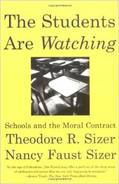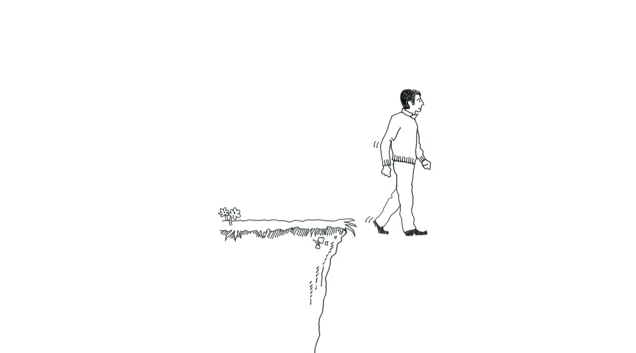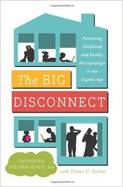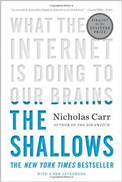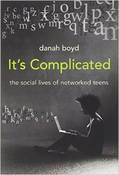Parent Resources
Tips to Help Fifth Graders with Assignments
|
The #1 rule when helping your child with projects and homework is...
|
...if the pencil is in your hand, or you are the one talking the most, then you probably are not helping your child. You have probably stopped helping your child and actually wound up doing their work.
|
When helping with homework, I recommend that you:
-Make sure your child is not distracted.
-Give them space and gentle reminders to stay on track.
-Have them work in an area that an adult can check-in on them
-Have a nightly routine and strive for an average amount of time
-Let them explain to you what they know.
-Look at their work before giving help.
-Avoid showing them the shortcuts you've learned through life.
-Write a note on their homework if they are becoming frustrated.
-Make sure your child is not distracted.
-Give them space and gentle reminders to stay on track.
-Have them work in an area that an adult can check-in on them
-Have a nightly routine and strive for an average amount of time
-Let them explain to you what they know.
-Look at their work before giving help.
-Avoid showing them the shortcuts you've learned through life.
-Write a note on their homework if they are becoming frustrated.
Focus on Time
|
|
Foster their Resiliency
Ten Tips
|
|
Raising Ten and Eleven Year Olds
|
Parent Tool Kit is a great resource on what to expect this year from your child
The Blessing of B Minus is an informative site (and book) on what to expect in the coming years from your child
Motherlode is a New York Times blog that offers insights on the hot topics
Adam Grant, a Wharton School professor, breaks down research illustrating habits that can be guided through parenting
|
|
But How Do I Raise a Smart Child?
|
Raising a smart kid starts here
Yet, here are the trends
|
My Philosophy
“Nothing is more important than that each student is known well and that the people who know each student have the authority and flexibility to act on that knowledge”
| |||||||
|
Can Emotional Intelligence Be Taught?
New York Times Should Failure Be Taught?
|

“Individuals who frequently read fiction seem to be better able to understand other people, empathize with them and see the world from their perspective.”
As Stated in the New York Times article “Your Brain on Fiction” |























